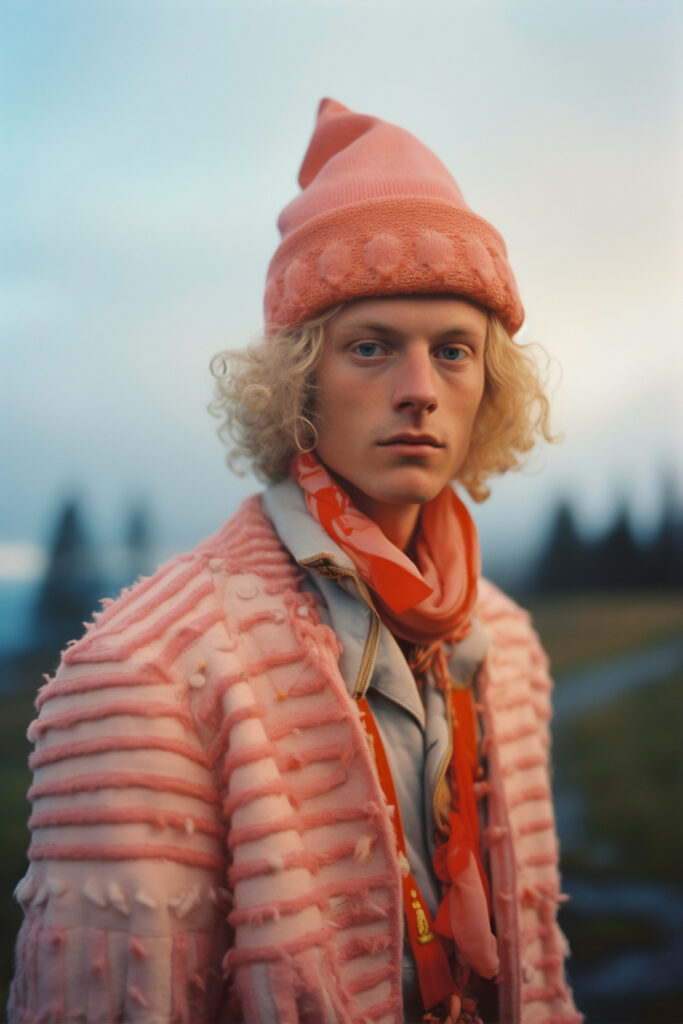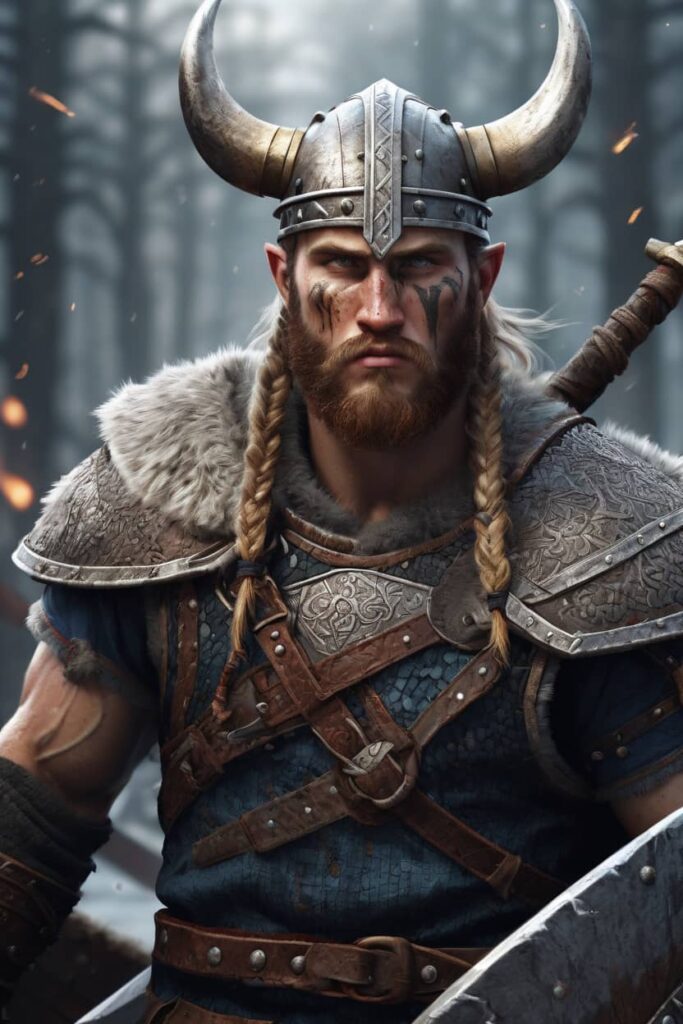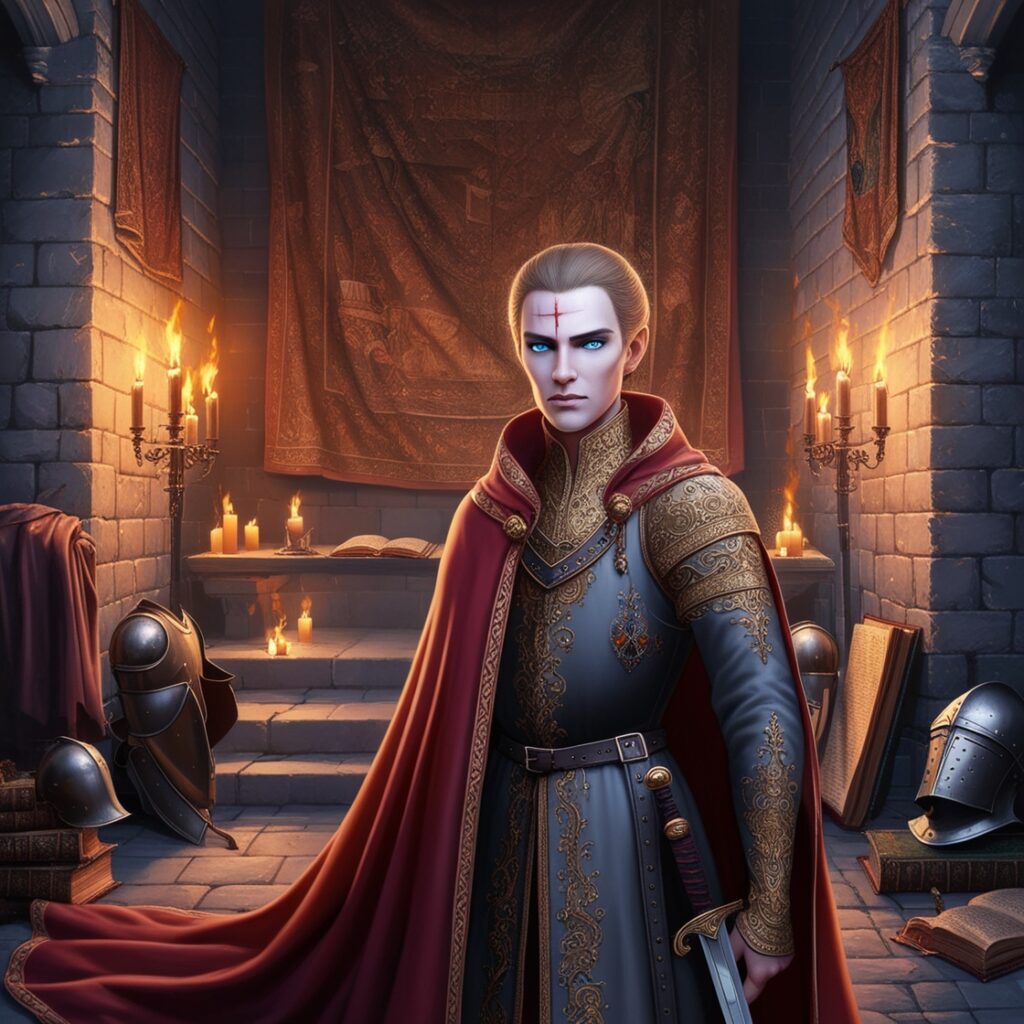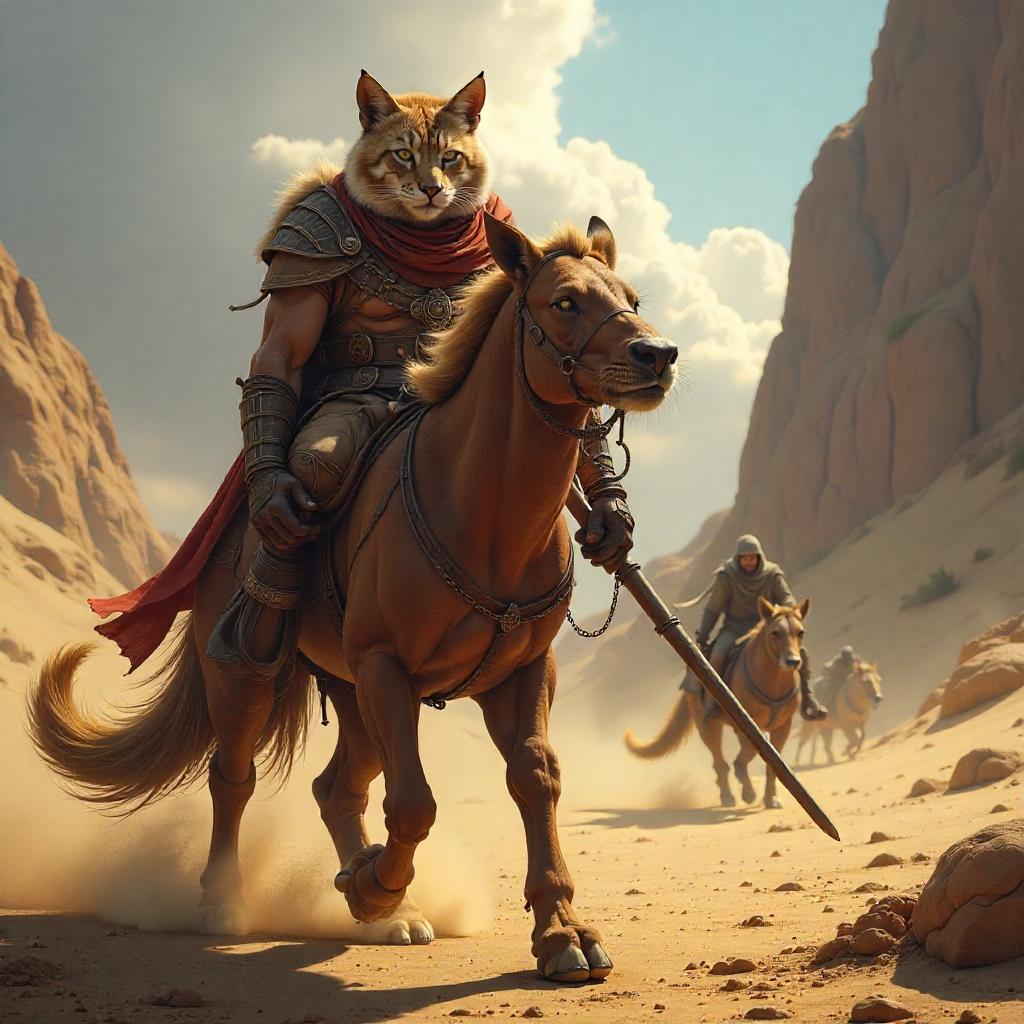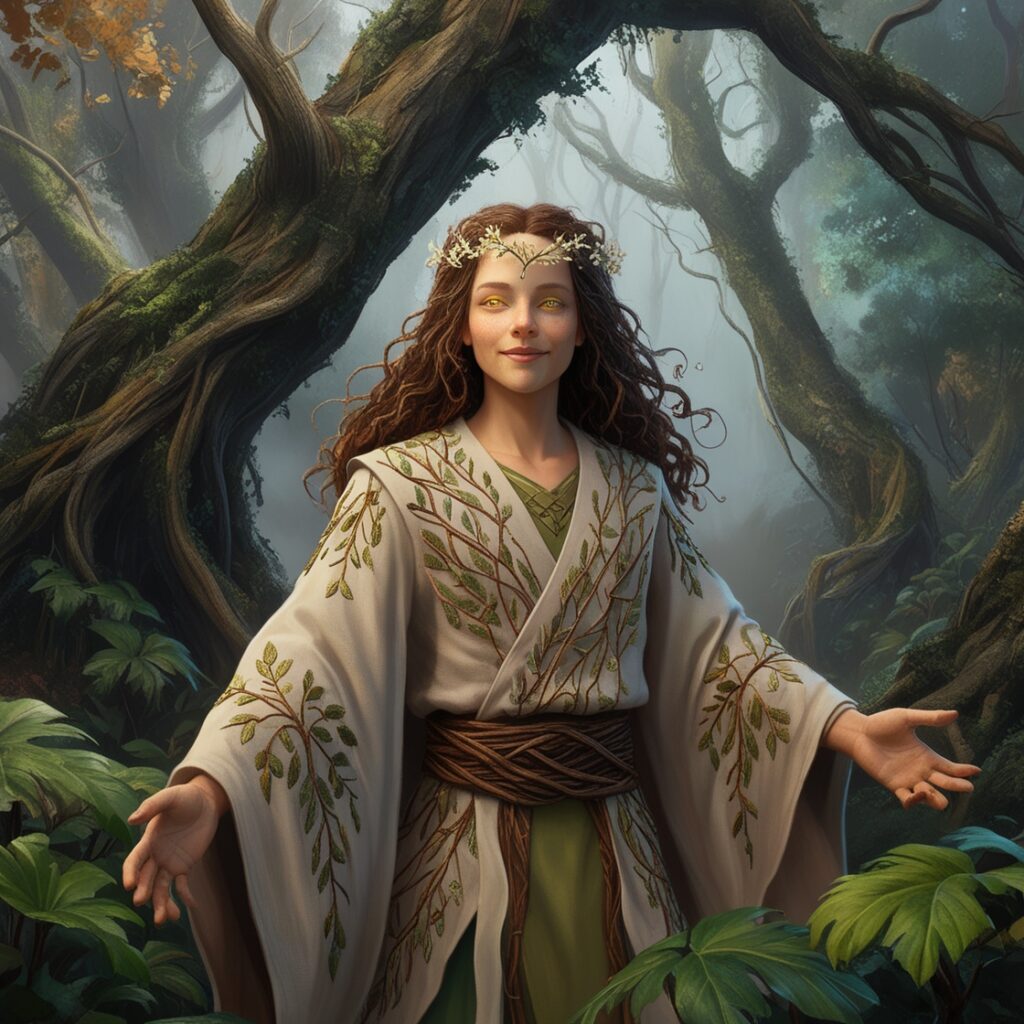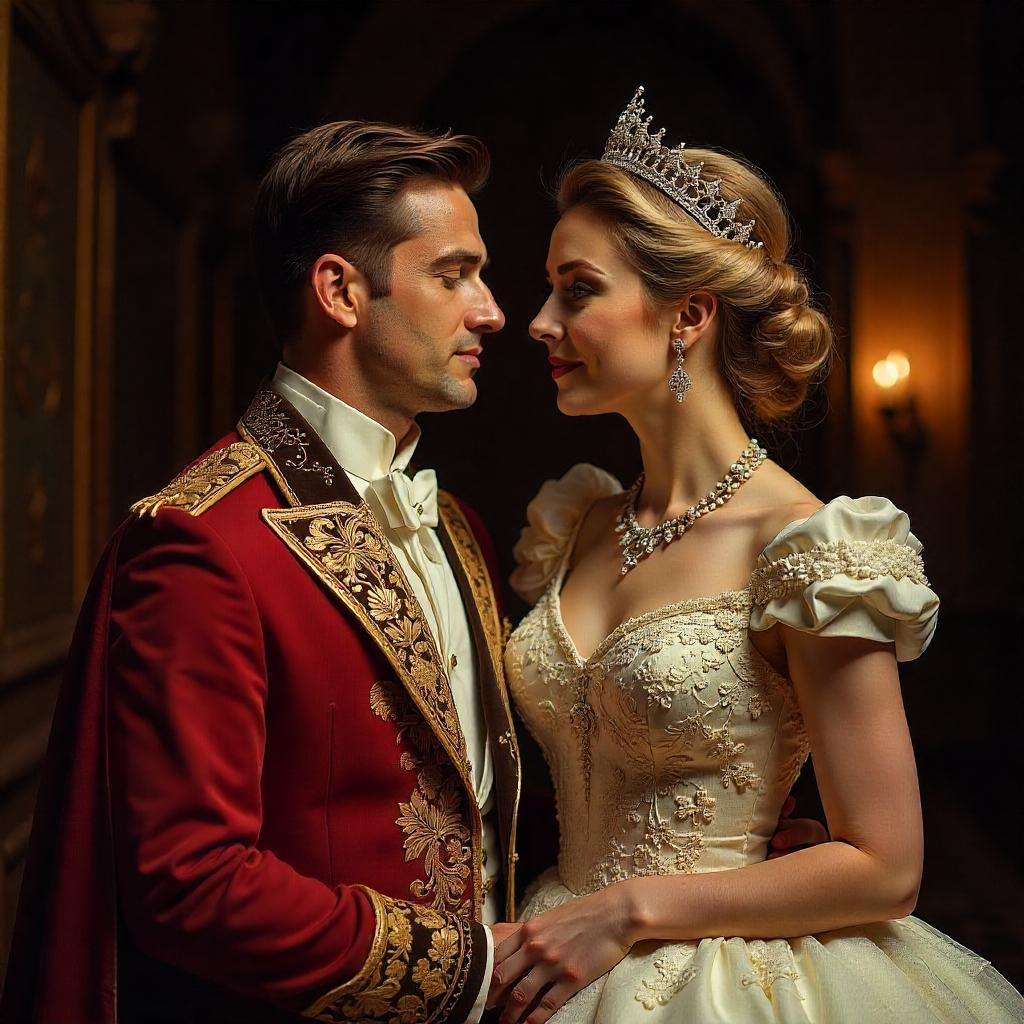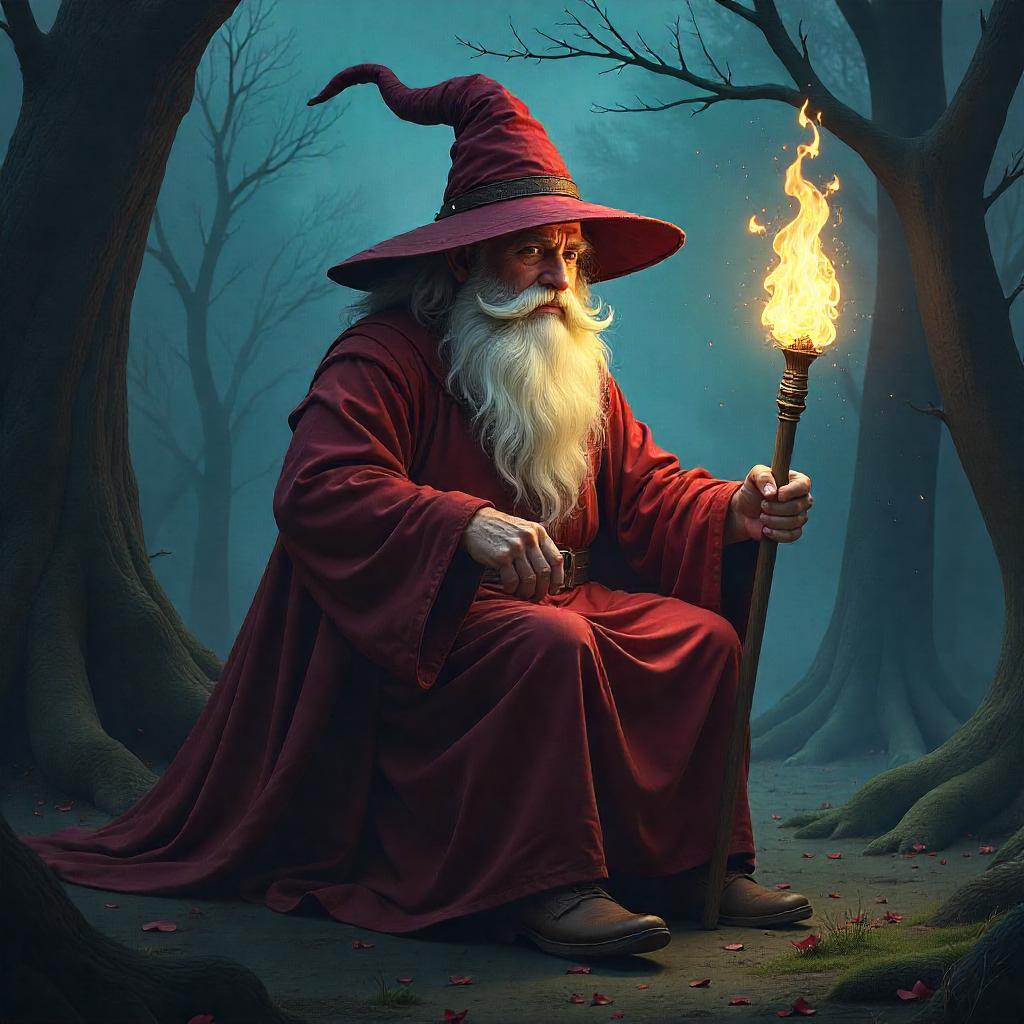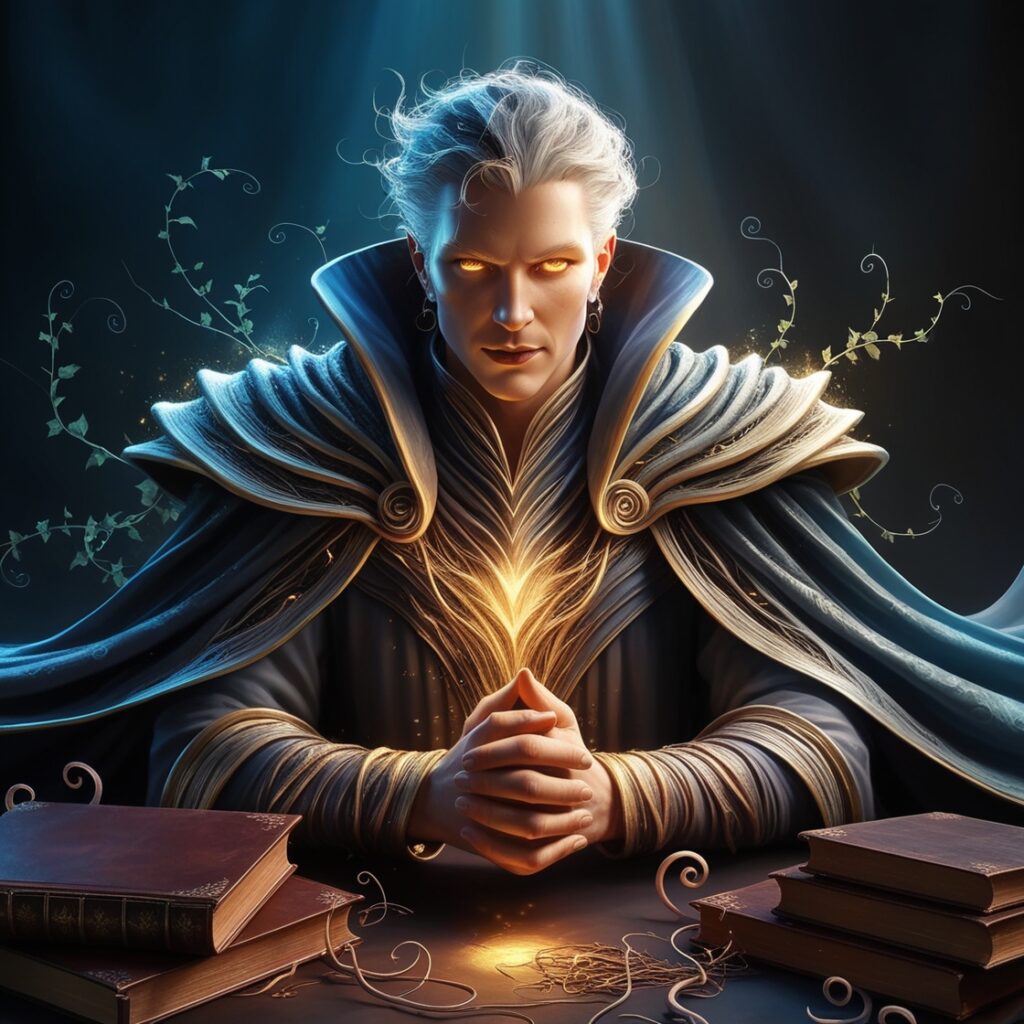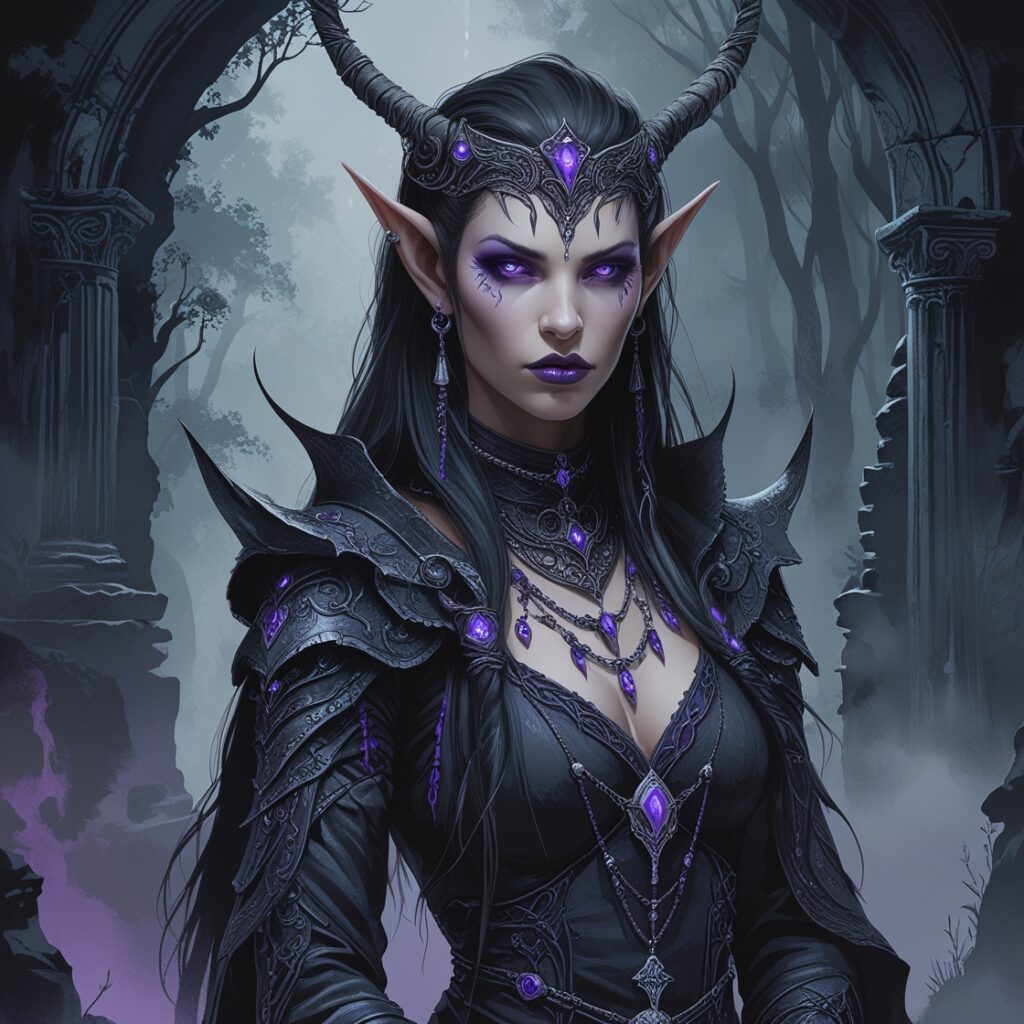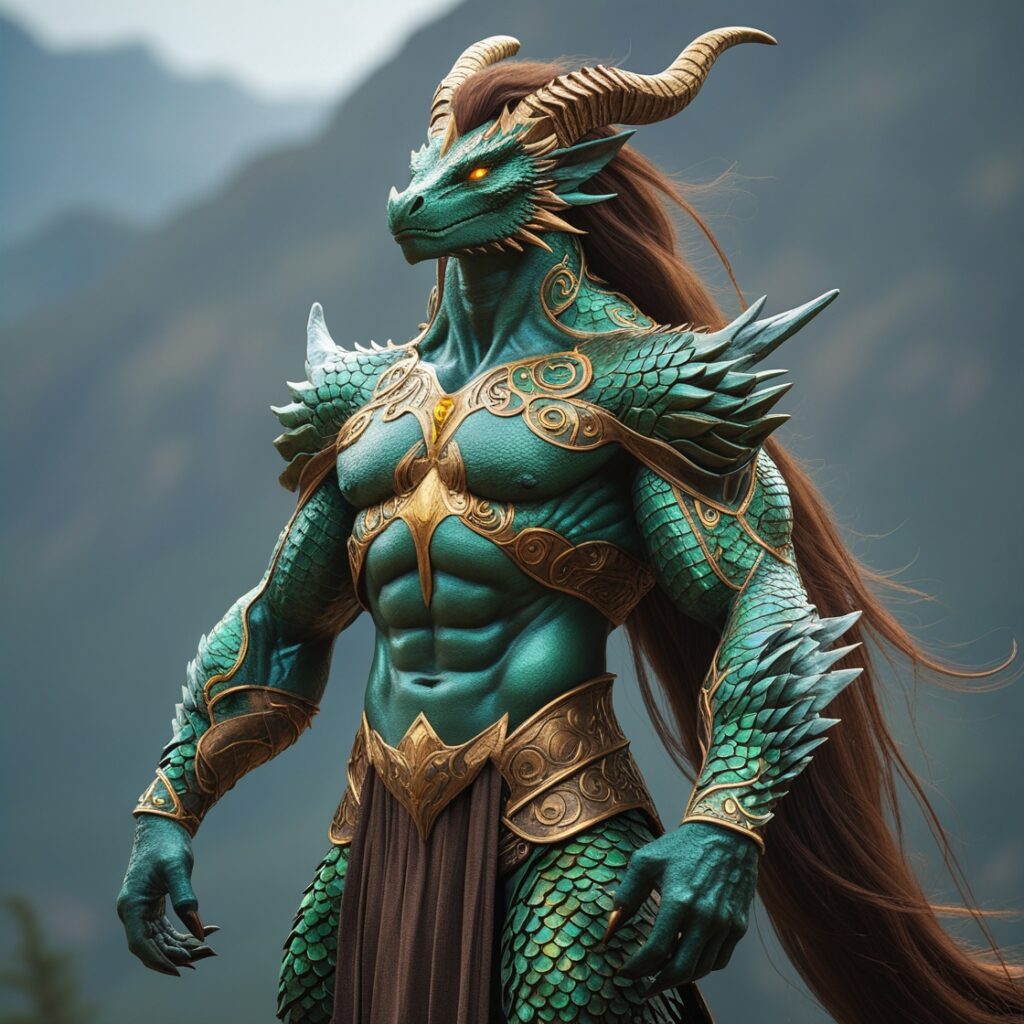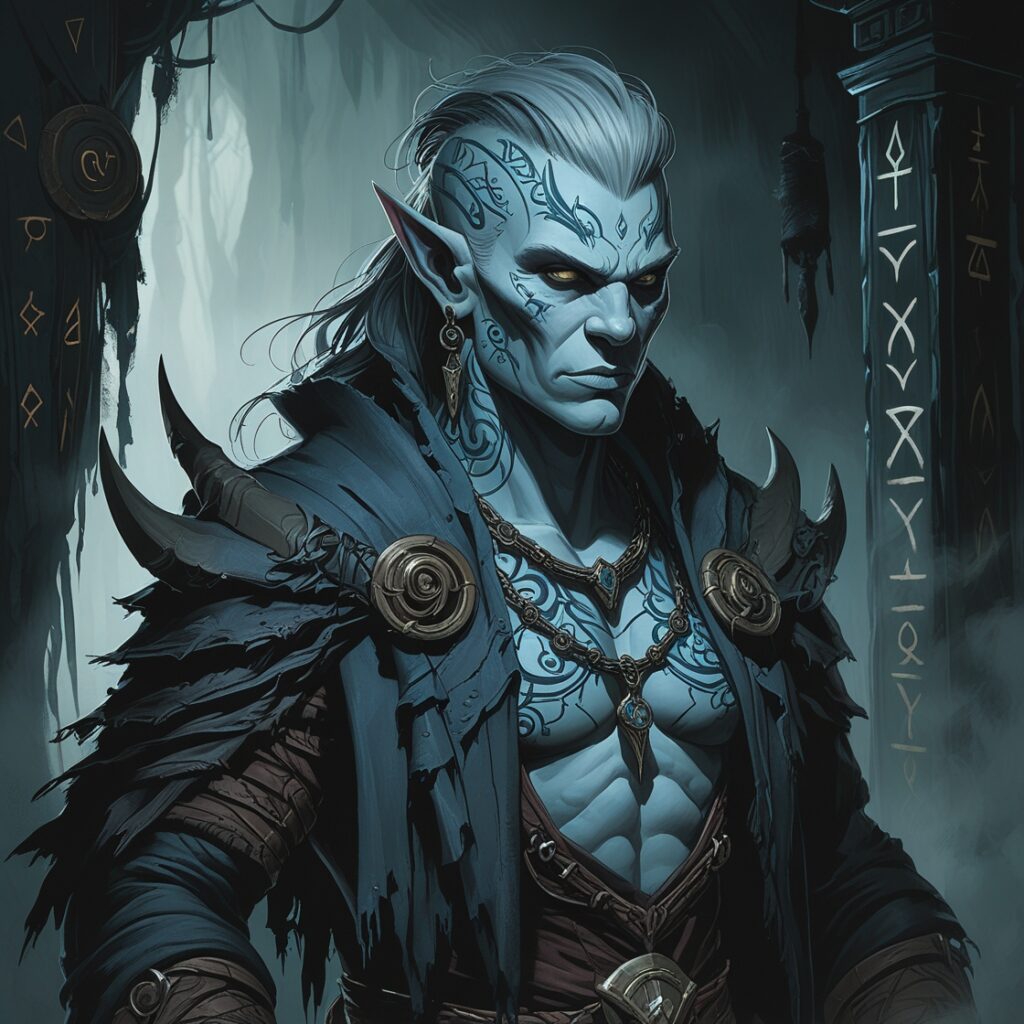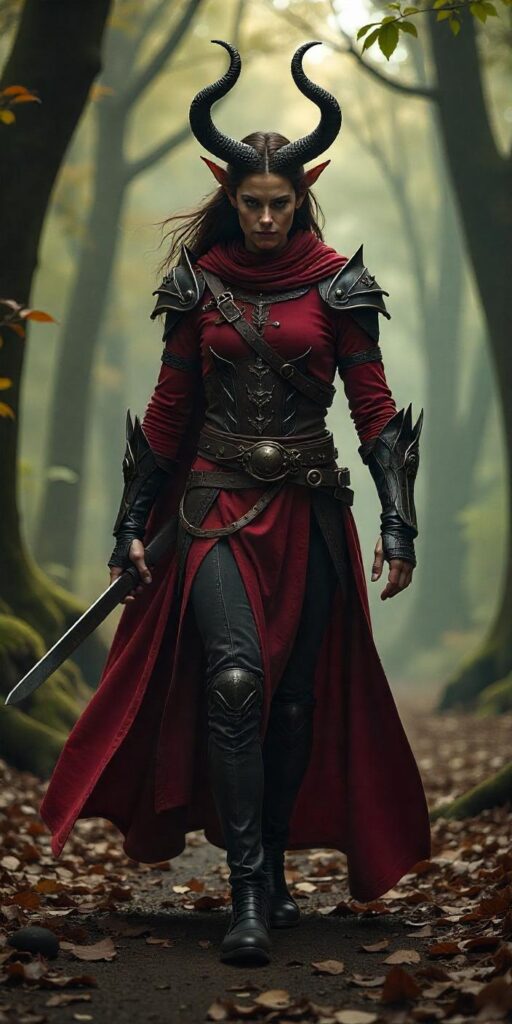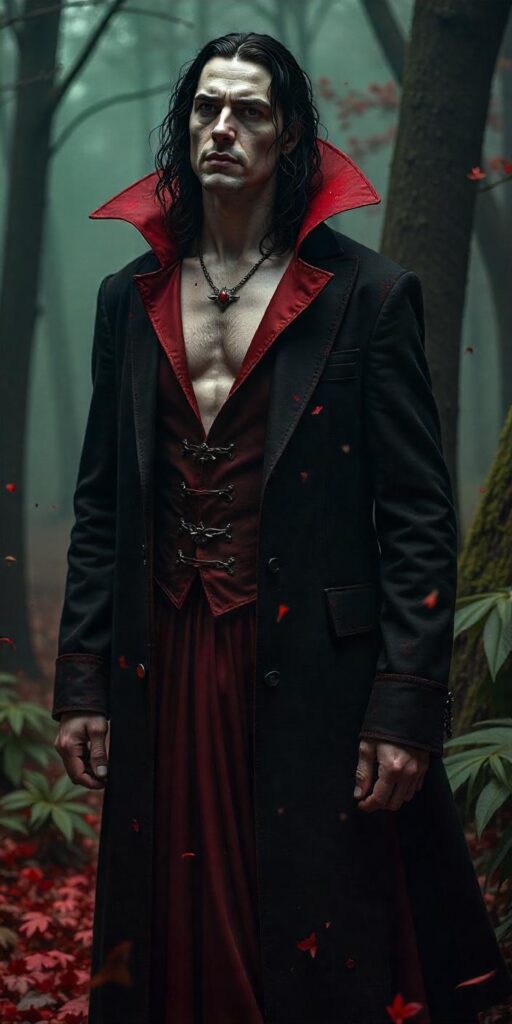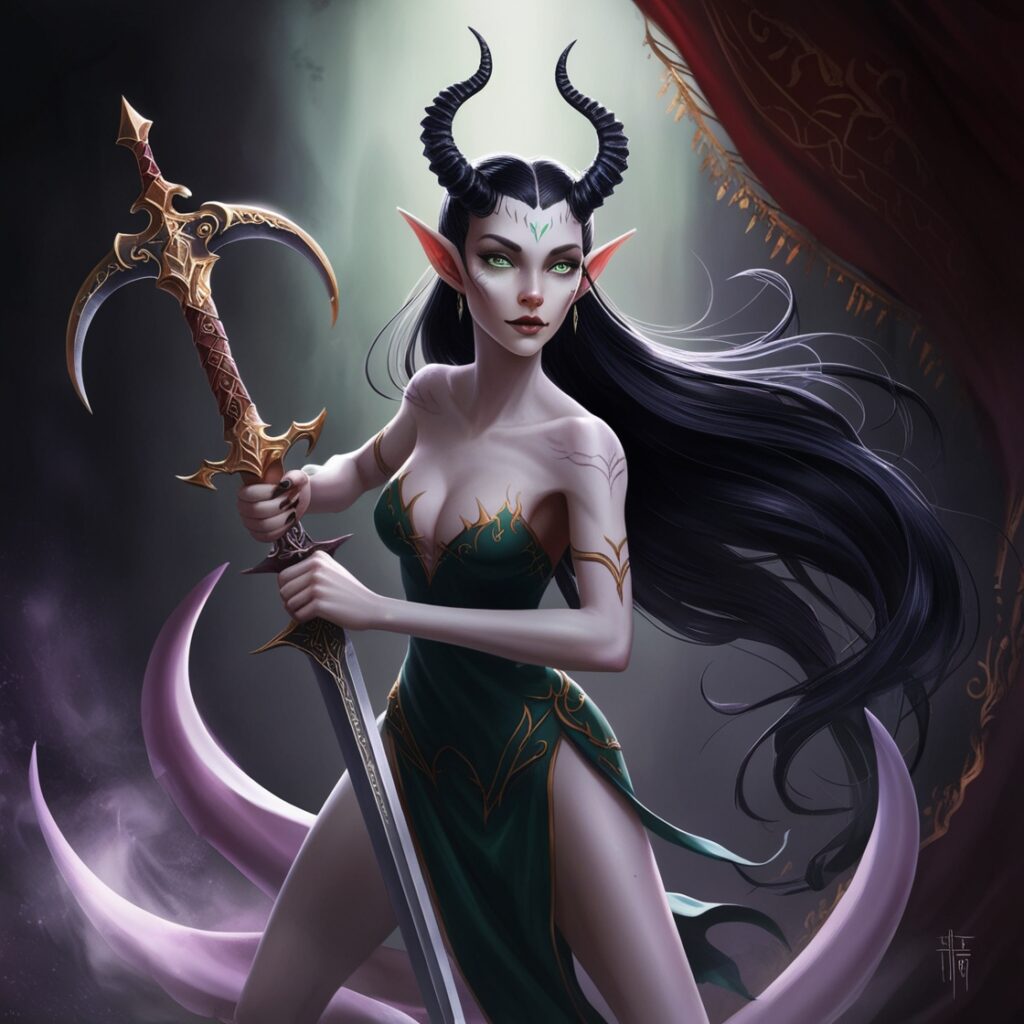Whether you’re a novelist breathing life into a Moscow-born protagonist, a gamer designing a Slavic warrior, or a parent honoring ancestral roots, a Russian Name Generator is your gateway to authenticity. Russian names carry a rich tapestry of history, tradition, and linguistic nuance, making them fascinating yet complex. Let’s explore how these generators work, why they matter, and how to harness their power effectively.
The Anatomy of a Russian Name
Russian names are a trio of identity:
- First Name (Imya): Often rooted in Slavic, Greek, or Christian origins (e.g., Aleksandr, Anastasia).
- Patronymic (Otchestvo): Derived from the father’s name with gender-specific suffixes. A son of Ivan becomes Ivanovich, while a daughter becomes Ivanovna.
- Surname (Familiya): Typically ends in -ov/-ev (male) or -ova/-eva (female), like Volkov (wolf) becoming Volkova for a woman.
Misstep in these elements can break immersion—imagine a fierce Cossack named Sergei Petrovna (a female patronymic)! A reliable Russian Name Generator sidesteps such errors by algorithmically aligning gender, suffixes, and cultural norms.
List of Russian Names
| Russian Name | Russian languages | Gender |
| Yulianna Gavrilov | Юлианна Гаврилова | Female |
| Parfen Bortnikov | Парфен Бортников | Male |
| Nonna Dobrynin | Нонна Добрынина | Female |
| Yemelyan Melnichuk | Емельян Мельничук | Male |
| Larisa Grekov | Лариса Грекова | Female |
| Nikitin Lazarev | Никитин Лазарев | Male |
| Uliana Cherkasov | Ульяна Черкасова | Female |
| Ilya Dorozhkin | Илья Дорожкин | Male |
| Oksana Bragin | Оксана Брагина | Female |
| Yar Ilyin | Яр Ильин | Male |
Why Use a Russian Name Generator?
- Writers & Creators: Craft believable characters. A spy named Dmitry Sokolov feels genuine; Dmitry Smith does not.
- Gamers: Build RPG avatars with names like Katya Volkov or Pavel Antonovich, enhancing narrative depth.
- Cultural Enthusiasts: Learn naming conventions or trace genealogy without linguistic hurdles.
Behind the Scenes: How Generators Work
Sophisticated tools blend databases of common first names with patronymic rules and surname roots. Some even factor in regional flavors—e.g., Tatar-inspired names for characters from Kazan. Input gender, era, or region, and the generator weaves a name like Nikolai Vasilievich Ivanov (modern) or Lyubov Dmitrievna Morozova (classic).
Examples to Inspire
- Male: Mikhail (Misha) Sergeyevich Volkov (formal) → Informal: Misha Volkov.
- Female: Anastasia (Nastya) Dmitrievna Sokolova → Nastya Sokolova.
Pro Tips for Choosing Names
- Meanings Matter: Sokolov (falcon) implies sharpness; Lebedeva (swan) evokes grace.
- Context is Key: A 19th-century aristocrat might bear Romanov, while a modern engineer could be Alexei Petrov.
- Verify Uniqueness: Cross-check generated names to avoid duplicates of famous figures (e.g., Vladimir Putin)
FAQs for Russian Name Generator
A Russian Name Generator is a tool that creates authentic Slavic names by combining first names, patronymics, and surnames based on cultural rules. It uses databases of traditional names, gender-specific suffixes (like -ovich or -ovna), and regional influences to generate realistic results.
Random names often lack cultural accuracy. A generator ensures patronymics align with the father’s name, surnames match gender endings (-ov vs. -ova), and names reflect real Slavic roots—vital for believable characters or ancestral research.
Yes! Most generators let you select gender, adjusting suffixes and surnames accordingly. For example, Alexei Ivanov (male) becomes Anastasia Ivanova (female), with accurate patronymics like Ivanovich or Ivanovna.
High-quality tools prioritize authenticity, blending common first names (e.g., Dmitry, Olga), historical influences (Christian or Soviet-era names), and region-specific styles (Tatar, Ukrainian, or Siberian origins).
Absolutely! Writers and gamers rely on Russian Name Generators to create immersive characters. Names like Kira Volkov or Nikolai Sokolov add depth to stories set in Russia or Slavic-inspired worlds.
Yes—patronymics are a key feature. Enter a father’s name (e.g., Pavel), and the tool adds the correct suffix: Pavlovich (son) or Pavlovna (daughter).
Generators automatically adjust surnames. For example, the masculine Petrov becomes Petrova for females. This avoids errors like misgendering a character’s name.
Many tools let you choose eras. For a 19th-century aristocrat, try Vladimir Mikhailovich Romanov. For modern names, opt for popular choices like Arina or Maxim.
Advanced generators include regional variations. Names from Moscow might differ from Siberian or ethnic Tatar names (e.g., Ruslan or Aisylu), reflecting Russia’s diverse cultures.
Most online generators are free and user-friendly. Simply input preferences (gender, era, region) and click to generate unlimited names—perfect for projects on a budget!

